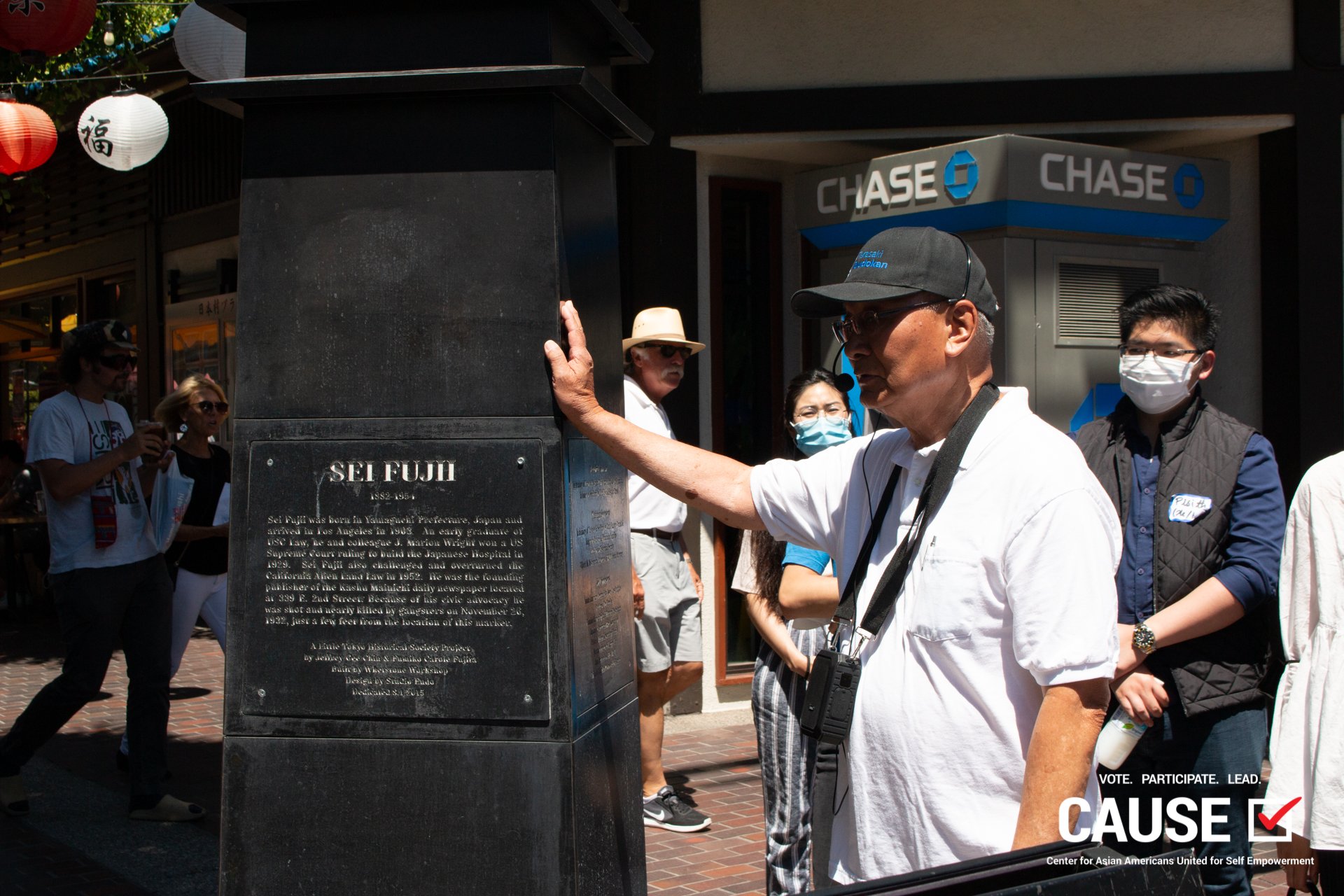To live in a populous, culturally diverse region, one must have good communication, because that is essential to ensuring the betterment of living for both individuals and their communities. The academy starts off week 2 with a deep dive into the Perception of Culture Iceberg, which illustrates that the representation of a culture generally displays easily recognizable elements such as customs, traditional practices, moral and courtesies, which can be seen and done openly between one another. But deeper, cultural aspects become more conceptual. Things like assumptions, values and priorities are more abstract, and more dependent on former beliefs, therefore, making cross-cultural communication rather difficult. I grew up in a Cambodian household where respect consists in many forms and is strictly enforced. For example, one cannot address their elders (even 1 year older) by their first name. It is considered impolite or somewhat uneducated. In the US, however, although it depends on particular individuals, elders sometimes preferred to be called by their first name. Similar circumstances apply to parents, teachers, relatives and even strangers. It is culturally appropriate in Cambodia to address strangers (even if they look similar in age) by the word “bong”- which means older brother or sister, as if they are a little bit older than you. At one point in the conversation, one can ask for another person’s age, just to proceed further discussion with clarity. In the US, on the other hand, it is too risky to ask for age, which could come out as offensive in many situations.
The cohort further explored decision-making surrounding ethical dilemmas and the rationale or motivation behind each choice. It is fascinating to see each member bring up legitimate reasons to back their decisions, and somehow convince one another to adjust their judgment sometimes. It came to my realization that these dilemmas formed in various appearances throughout our decision-making routinely and occasionally. Reflecting on one of my past experiences, I struggled between choosing between individualistic versus community prosperity. On one hand, putting self before the community sounds selfish. However, disregarding self-potentials also means forgoing the ambition for improvement and influential changes from self to society. Simply put, I could either educate myself to become a great teacher for my community, or I should put an effort into a business operation that will invest in the education system following its successes. Both have positive and negative elements corresponding to different interpretations and scenarios.
On Friday, the cohort had the opportunity to meet with interns from Kizuna and participated in a joint tour of Little Tokyo, guided by Mr. Watanabe who is enriched with historical knowledge and vision of this local community.
It was a rewarding experience knowing how Little Tokyo and its people survived through the economic crisis, political catastrophe, and eventually prospers in this modern era. The week ended beautifully with a crucial takeaway I learned from the tour, that as people unite in a community in the time of challenges, they shall thrive and flourish to enjoy the fruit of their sacrifice.


